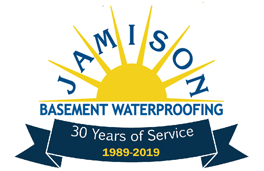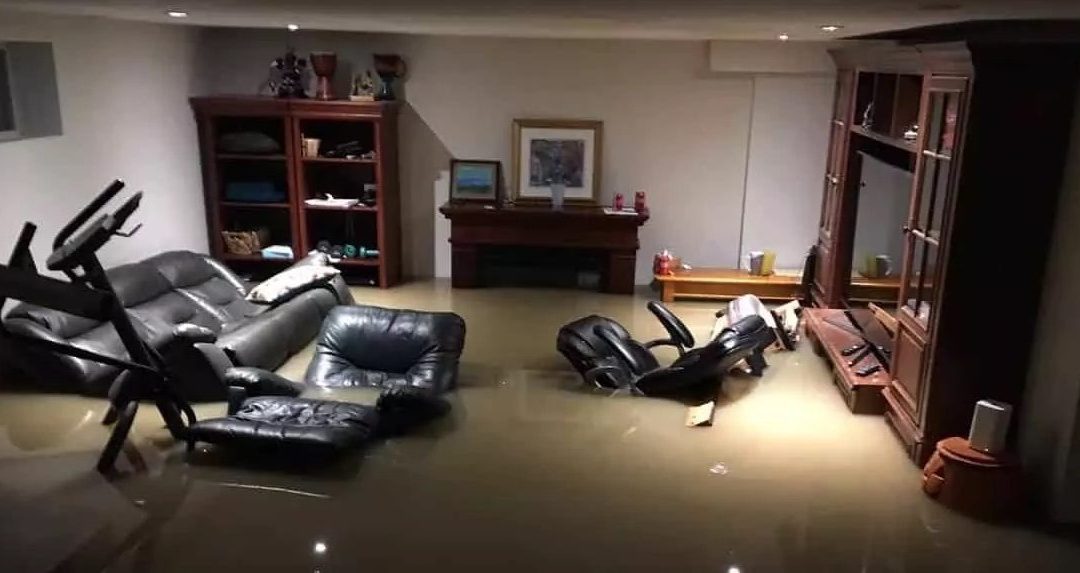Wet basements aren’t just inconvenient. They are health hazards, nurturing mold and deteriorating the indoor air quality of your home. The good news? You can prevent these issues by getting your home winter-ready.
The Best Time to Winter-Proof Your Home: NOW!
With fall in full swing, it’s time to gear up for the impending snow. Let’s delve into the essential steps to keep your home safe and dry:
Adjust Your Land Grading: Properly graded land helps direct melting snow away from your home. Aim for a 5% slope – a 6-inch descent over 10 feet. You can achieve this by adding and tamping down soil near your foundation. Beautify this area with flowers and shrubs to keep the soil in place but remember to plant large trees at a safe distance from your foundation.
Advanced Drainage Systems: The Philadelphia area is no stranger to yard drainage issues. Implementing a well-designed drainage system, such as French drains inside and yard and driveway drains outside, can keep your basement dry.
Sump Pump Installation: Given the flooding susceptibility of homes in Southern NJ & Eastern PA, a sump pump is a must. This device, when water-activated, directs water away from your home, reducing the risk of flooding from oversaturated soil.
Foundation Sealing: Sealing any cracks in your foundation walls, floors, and sill plates is critical. Ensure your basement windows are weatherproofed and keep your window wells clear of snowmelt.
Gutter Maintenance: Gutters play a crucial role in guiding melting snow away from your foundation. Clean them out before winter hits and consider installing gutter guards for less maintenance. If you don’t have gutters, now’s the time to invest.
Frozen Pipe Prevention: The chilling winter temperatures in PA & NJ can freeze pipes, leading to potential flooding. Insulate exposed pipes, keep the thermostat above 55 degrees, and let faucets trickle in extremely cold conditions. Also, consider draining your plumbing if you’re away for extended periods.
Invest in a Vapor Barrier: Especially crucial for crawlspaces, a vapor barrier minimizes the passage of water vapor, reducing mold risks and maintaining good air quality. Consider a Dehumidifier or Ventilator: These devices are handy for moisture control and ensuring fresh air circulation during winter months.
Post-Snowstorm Tips to Prevent Flooding
Once you’ve implemented the preventative measures, you’re not quite done. After every snowstorm:
Clear Snow from Your Home’s Perimeter: Shovel away snow at least three feet from your foundation to prevent water pooling.
Maintain Downspouts: Ensure your downspouts are free from snow and ice blockages to facilitate smooth drainage from your roof.
Preparing for winter can seem daunting, but taking these steps will ensure a dry, safe home through the colder months. Remember, a little preparation goes a long way in ensuring a stress-free winter.
Don’t wait until winter is in full swing to address potential basement issues. By having your basement inspected and maintained by Jamison Waterproofing before the cold weather sets in, you can avoid the health, damage, and financial consequences associated with basement flooding. Take action now to protect your home, your family, and your peace of mind. Remember, an ounce of prevention is worth a pound of cure! Contact your local basement experts at Jamison Waterproofing today, to schedule your complete basement and sump pump inspection



Recent Comments